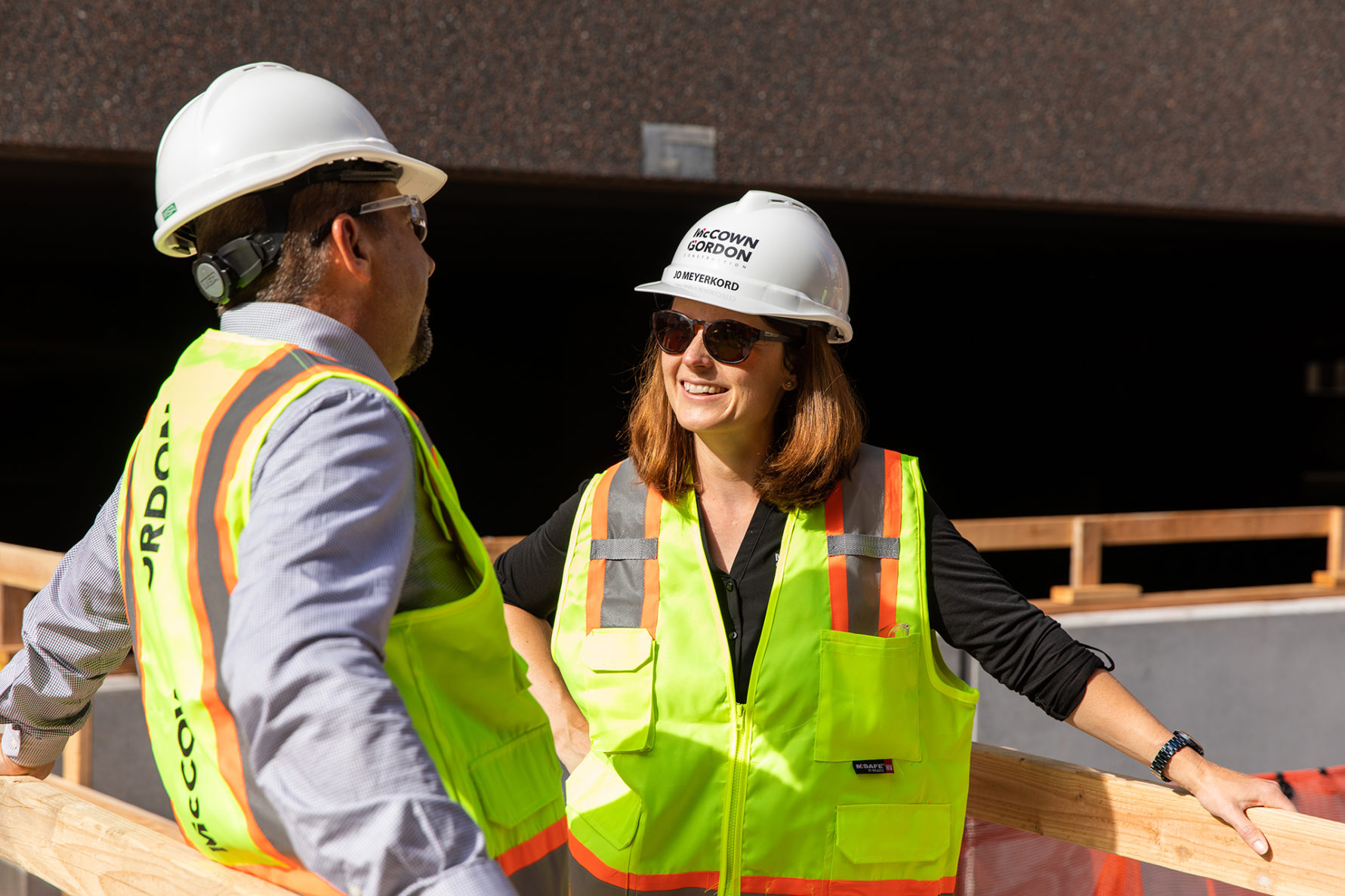Collaboration is becoming an increasingly important element of successful construction projects. Bringing together the skills, expertise, and resources of multiple parties allows teams to more effectively manage complex tasks that would otherwise be difficult or impossible to complete alone.
By leveraging a collaborative approach to construction projects, organizations can benefit from improved productivity, cost savings, and better overall results. In this article, we will explore the benefits of collaboration in construction projects and how it can help ensure success.
Increased Efficiency
When it comes to the increased efficiency of construction projects, collaboration is a major factor. Teams that work together are better equipped to identify and address problems quickly, ensuring deadlines are met and issues resolved swiftly.
With multiple minds working on one project, there can be a greater insight into potential solutions and options for streamlining processes. This fast-paced workflow helps maintain momentum throughout the entire process while providing accurate results in less time than if each team member were working alone.
Furthermore, when teams collaborate they can share resources such as tools or knowledge more freely which boosts productivity even further. In conclusion, collaboration within construction projects provides numerous benefits including increased efficiency—teams that work together tend to complete tasks faster with fewer errors than those who don’t collaborate at all.
Improved Communication

Improved communication is one of the most important benefits that collaboration in construction projects can bring. By bringing together a diverse team of professionals, each with their unique knowledge and experience, construction teams can more effectively communicate ideas, plans, and solutions.
With team members contributing different perspectives, it’s easier to identify any issues or problems early on in the project and find viable solutions quickly. As a result of improved communication between all parties involved, deadlines will be met faster while also reducing costs due to fewer delays or mistakes during the project.
Collaboration helps ensure that everyone has access to the information they need when they need it – from blueprints and specifications to progress updates – leading to the successful completion of projects safely, on time, and within budget.
Reduced Risk and Cost Savings
When it comes to construction projects, collaboration can provide significant cost savings and reduce risks. By breaking down silos between departments and contractors, the project is more likely to be on time and within budget.
Utilizing a team of experts from various fields allows for efficient problem-solving and quick decision-making as issues arise throughout the project. This reduces time wasted in discussion and negotiation while ensuring that all decisions are made with everyone\’s best interests in mind.
Collaboration also minimizes conflicts between workers, allowing them to focus solely on working together towards completing tasks rather than wasting energy arguing over small details or competing with each other. Furthermore, when done correctly, collaborative efforts can result in improved safety standards due to increased oversight by multiple parties who have different perspectives on potential hazards or risk areas.
Finally, utilizing collaboration grants access to better materials at lower prices which translates directly into reduced costs for the entire project team.
Enhanced Quality Assurance
 Collaboration in construction projects is an important factor in delivering quality assurance, as it encourages the sharing of ideas and best practices from different parties.
Collaboration in construction projects is an important factor in delivering quality assurance, as it encourages the sharing of ideas and best practices from different parties.
Enhanced quality assurance can be achieved through collaboration by allowing each party to review the work of other teams, resulting in improved accuracy and precision. This review process also helps identify potential risks or issues before they become costly problems down the line.
Additionally, collaboration greatly reduces communication errors or misunderstandings that can occur due to language barriers between different stakeholders on a project. The increased transparency provided by working together makes sure all involved parties are on the same page when it comes to understanding requirements and expectations for successful project completion.
By having everyone\’s input early on, any potential problems can be addressed quickly while still allowing enough time for thoughtful planning and execution of tasks critical to success.
Conclusion
Collaboration is essential for successful construction projects. The ability to bring together multiple stakeholders, including contractors, engineers, and owners helps ensure the project is completed on time and within budget.
With collaboration comes a better understanding of the needs of each party involved in the project, which can lead to more efficient workflows and improved outcomes overall. BuildOps has helped revolutionize this process by offering an innovative platform that connects all necessary stakeholders throughout every step of a construction project while providing unparalleled analytics that helps identify areas where cost savings or efficiency gains can be made. By embracing collaboration through tools like BuildOps, organizations can maximize their productivity and minimize costs associated with their projects.












